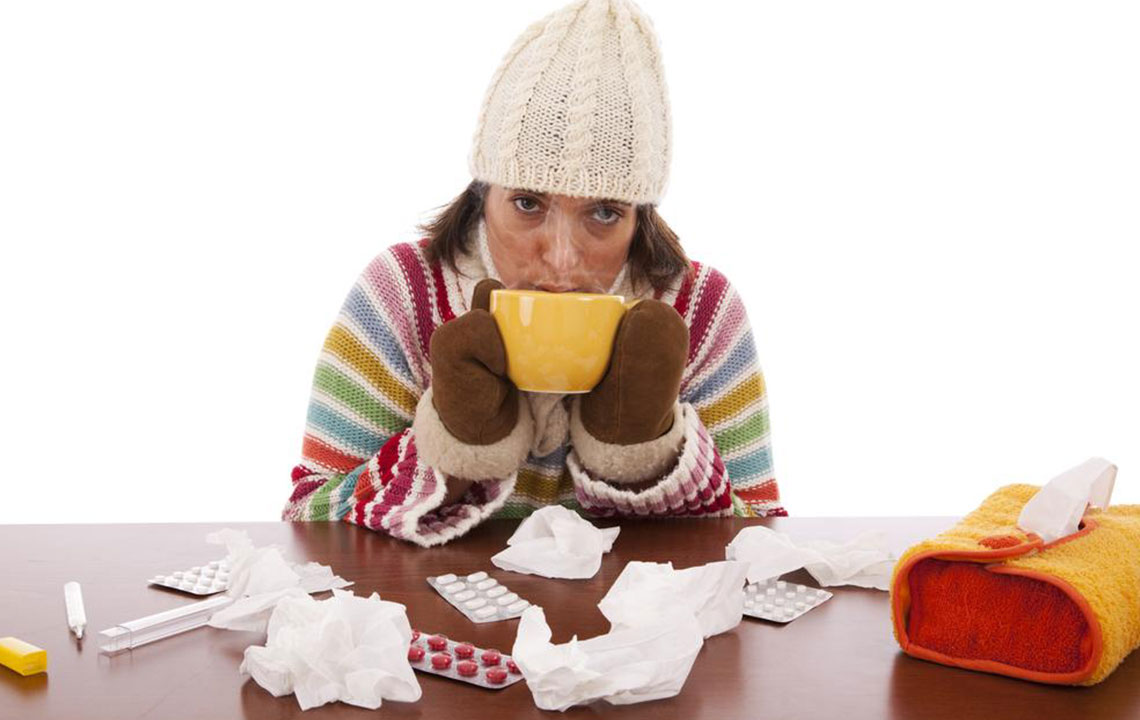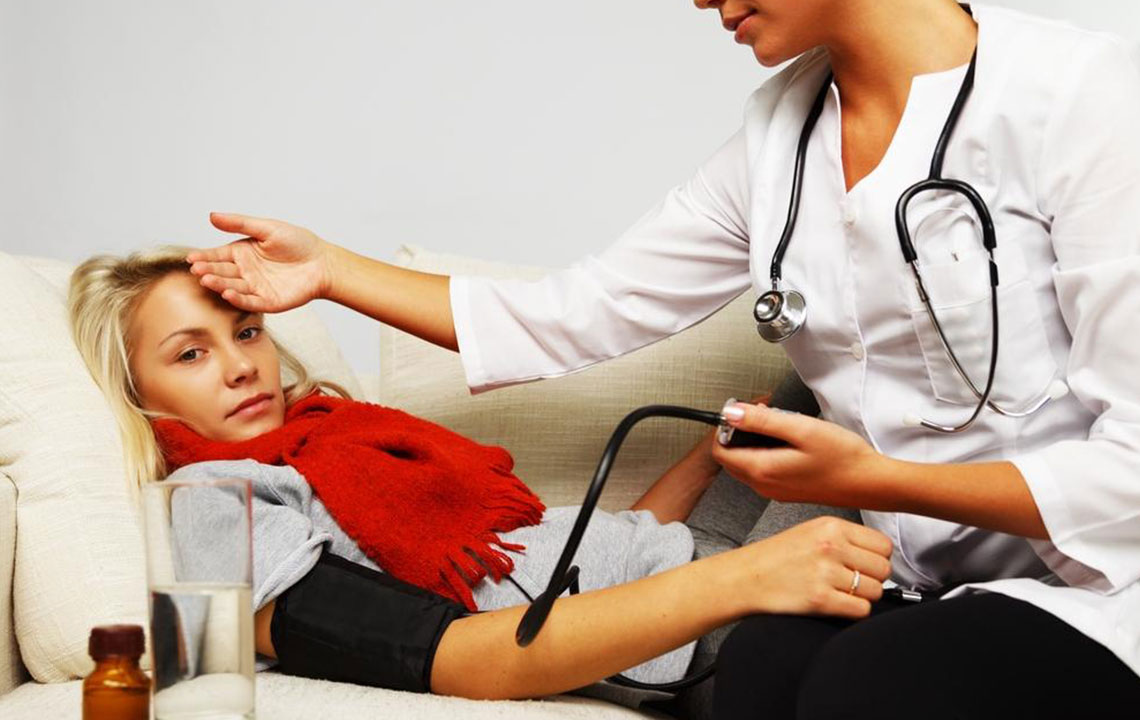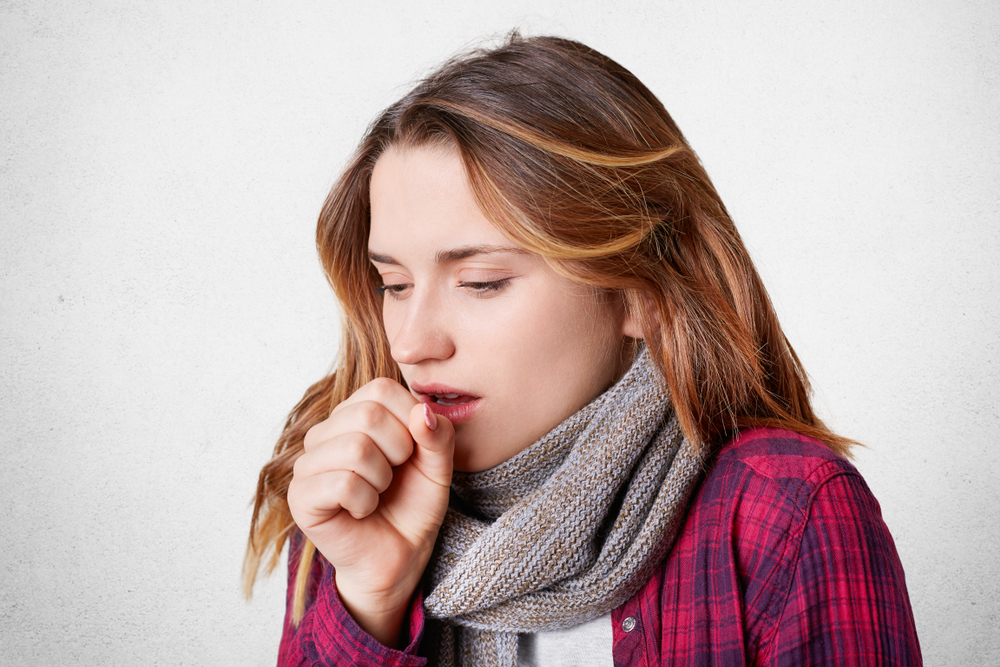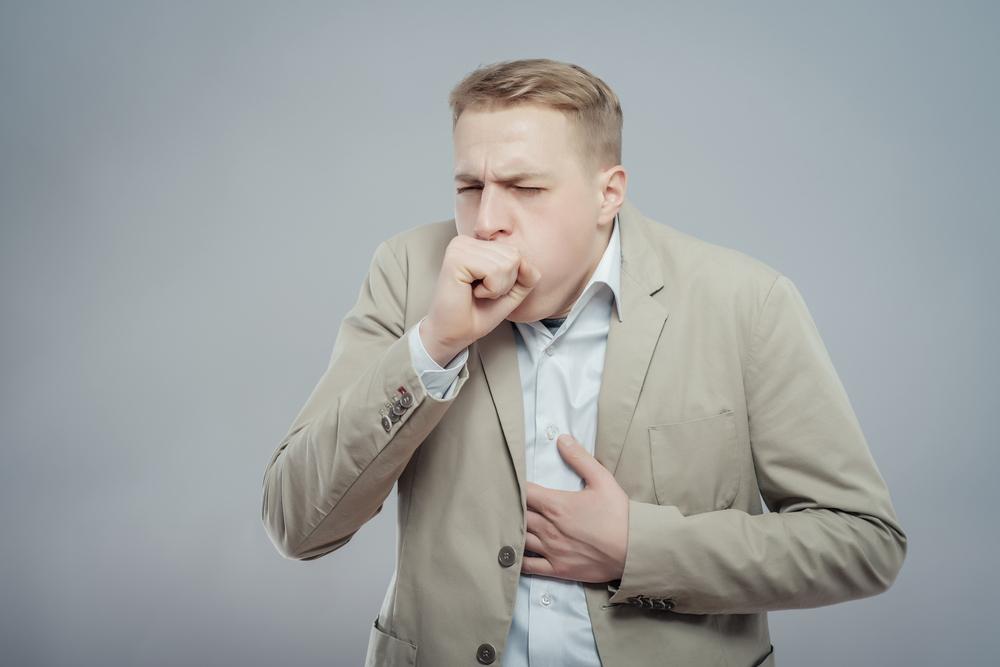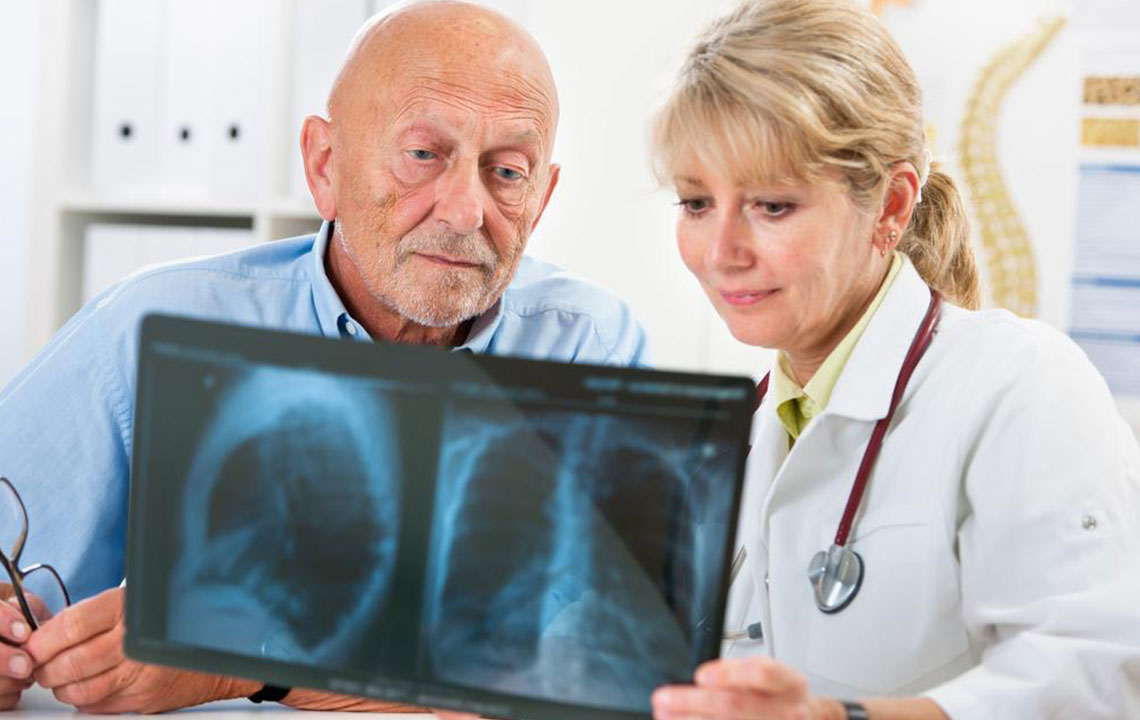Understanding Pneumonia: Causes, Symptoms, and Prevention
This article offers an in-depth overview of pneumonia, including its causes, symptoms, diagnosis, treatment options, and preventive measures. It emphasizes the importance of timely medical intervention and vaccination to mitigate risks. Learn how lifestyle choices can influence susceptibility and discover ways to reduce your chance of contracting this potentially serious respiratory illness.
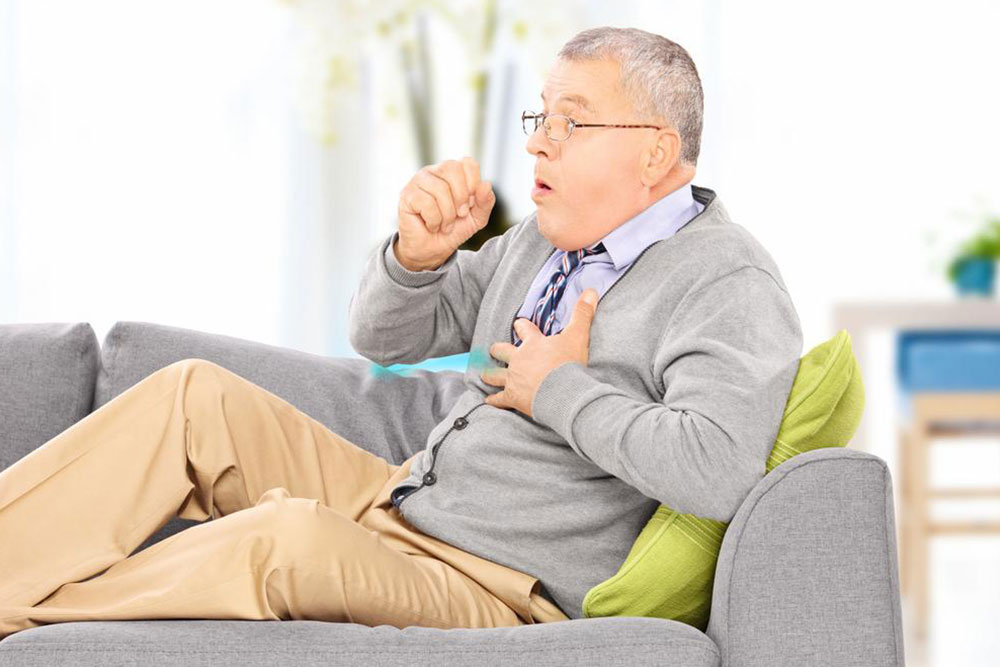
Understanding Pneumonia: Causes, Symptoms, and Prevention
Pneumonia is a respiratory infection that impacts one or both lungs, mainly caused by bacteria or viruses. Its contagiousness depends on the disease origin; bacterial and viral cases can spread between individuals, whereas pneumonia from inhaling toxic fumes is not contagious. Unhealthy habits like smoking and excessive alcohol intake can elevate the risk. Symptoms may appear suddenly or develop gradually and include high fever, productive cough with yellow or green mucus, chest pain, shortness of breath, chills, fatigue, and sweating. In infants and elderly, symptoms can vary and may include weakness or confusion.
If untreated, pneumonia can invade the bloodstream leading to sepsis, which hampers oxygen delivery and lowers blood pressure. Fluid buildup around the lungs, called pleural effusion, can also occur. Diagnosing pneumonia involves physical exams and medical history, with tests like chest X-rays, blood work, and scans aiding in identifying the cause. Mild pneumonia typically resolves within two to three weeks, while recovery might extend to eight weeks in immunocompromised individuals. Most cases are treatable with oral antibiotics, with hospitalization required for severe cases needing intravenous therapy.
Vaccination against streptococcus pneumoniae can help prevent bacterial pneumonia and its complications. Preventive measures include avoiding contact with sick individuals, practicing good hygiene, quitting smoking, and washing hands frequently. These steps can significantly reduce the risk of developing pneumonia.

